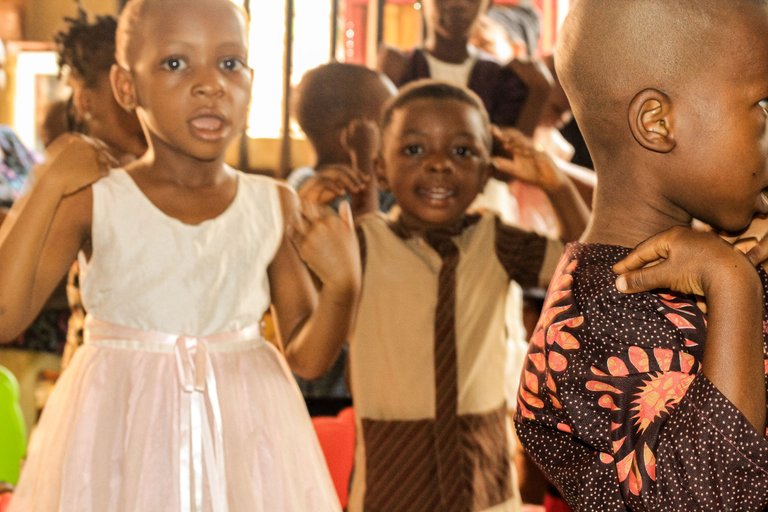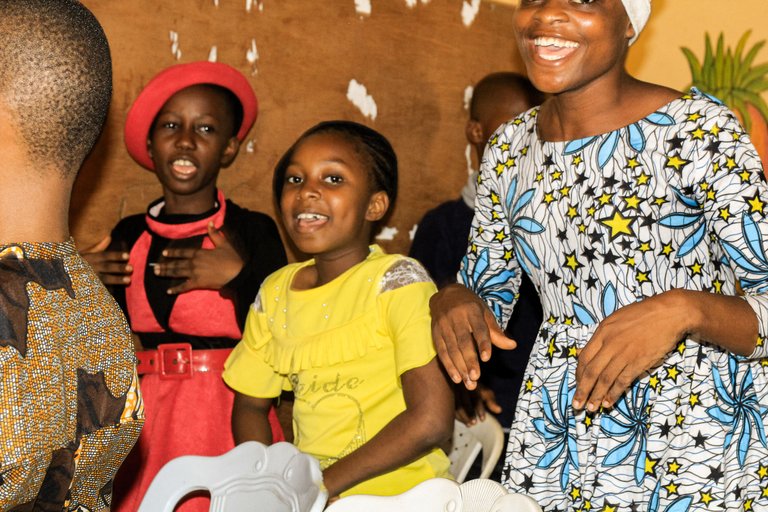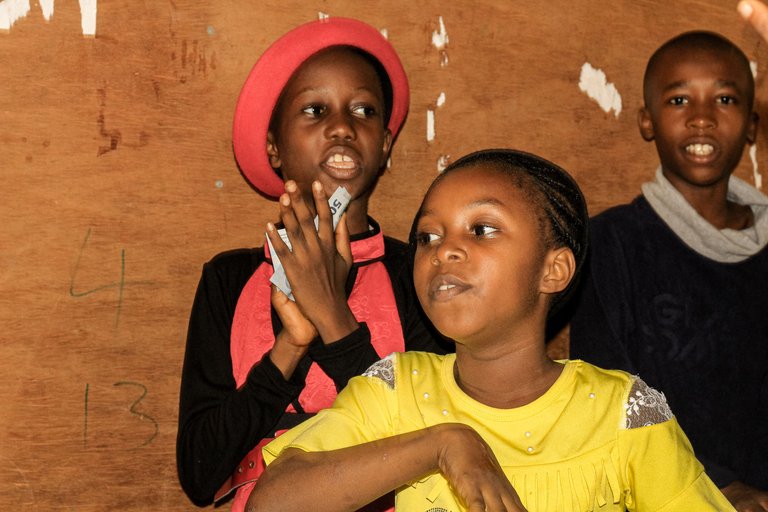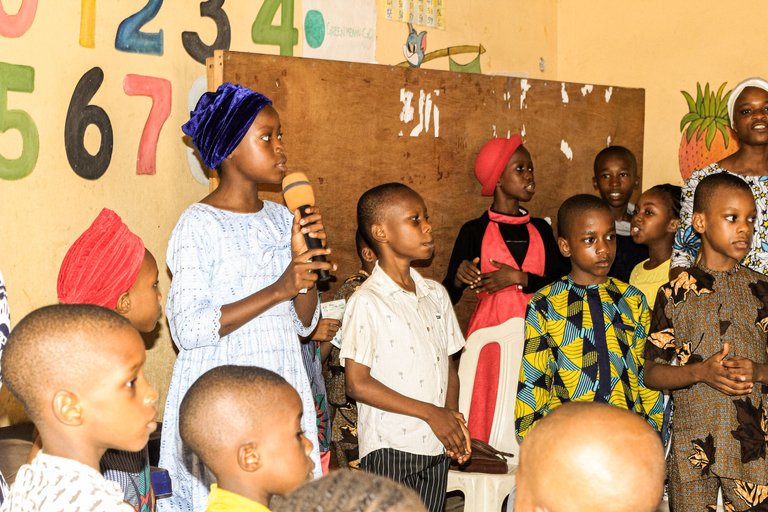An infant's memories are accompanied by gentle lullabies that develop their cognition, thereby causing them to learn faster and be more effective in the environment. The above statement has been proven by several medical studies; this means that the lullaby – which is an arranged sound is beyond its ability to entertain, but holds incredible power to enhance the learning capacity of a child.

In my opinion, music has a relationship between the brain and its functionality. Why do I say so? When one sings, the lyrics stick faster than when one reads. The same applies to a child, engaging them with music activates their brain, including their auditory nerves, and sometimes it can cause language development.

Just a quick one:
Have you watched a child listen to music, after a few minutes the child tries to hum what he’d listened to. It is always an amusing experience; each time he tends to listen to or participate in music, the neural connections are strengthened, making the learning abilities grow faster.

Notably, one key aspect of music's influence on learning lies in its ability to stimulate memory retention. In schools, from reciting the alphabet in melody to mastering mathematical concepts, incorporating musical elements into educational content can significantly improve retention rates and recall. This is why when I was in college, I converted what I read into songs so that I could know them faster and not forget them easily. Through singing nursery rhymes and repetitive chants, children discern the differences in speech and pronunciation which serves as a powerful tool in language acquisition.

Aside from the cognitive benefits, music has a role in nurturing emotional intelligence—that is, children explore different moods, from a joyous look to a crying attitude, which is a way of building their empathy and self-expression. So, whether through singing, dancing, or composing, musical experiences provide a means for emotional communication.

Do you know?
Collaborative musical activities promote the social life of a child, making them learn to listen, cooperate, and synchronize their efforts with others. By participating in such performances or group singing sessions, they cultivate invaluable interpersonal skills that can extend far beyond just music.

Conclusively, for its ability to enhance cognitive development through lullabies to its role in stimulating memory retention and language acquisition, music proves to be a powerful educational tool. Moreover, it fosters emotional intelligence, allowing children to explore and express a range of emotions while also promoting social cohesion through collaborative musical activities.

As we continue to uncover the impact of music on children's education, it becomes increasingly evident that integrating musical elements into learning environments can pave the way for a richer, more holistic educational experience, nurturing not only academic growth but also emotional and social well-being.
